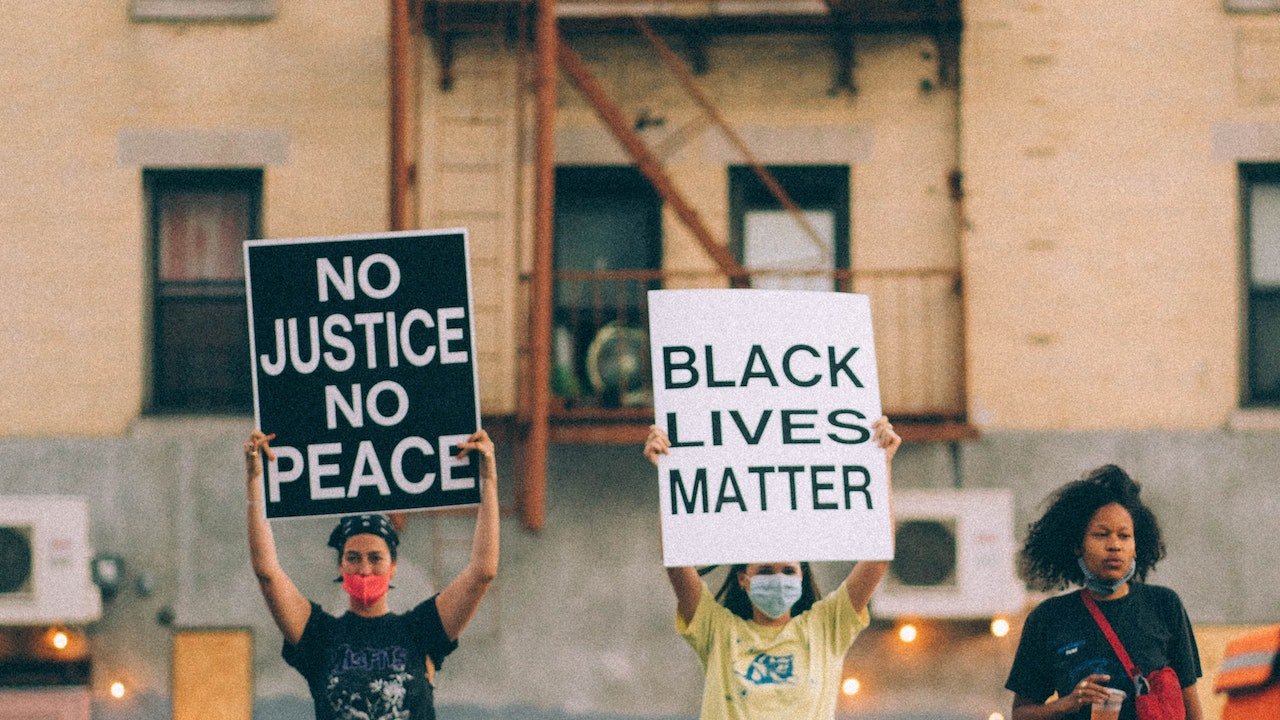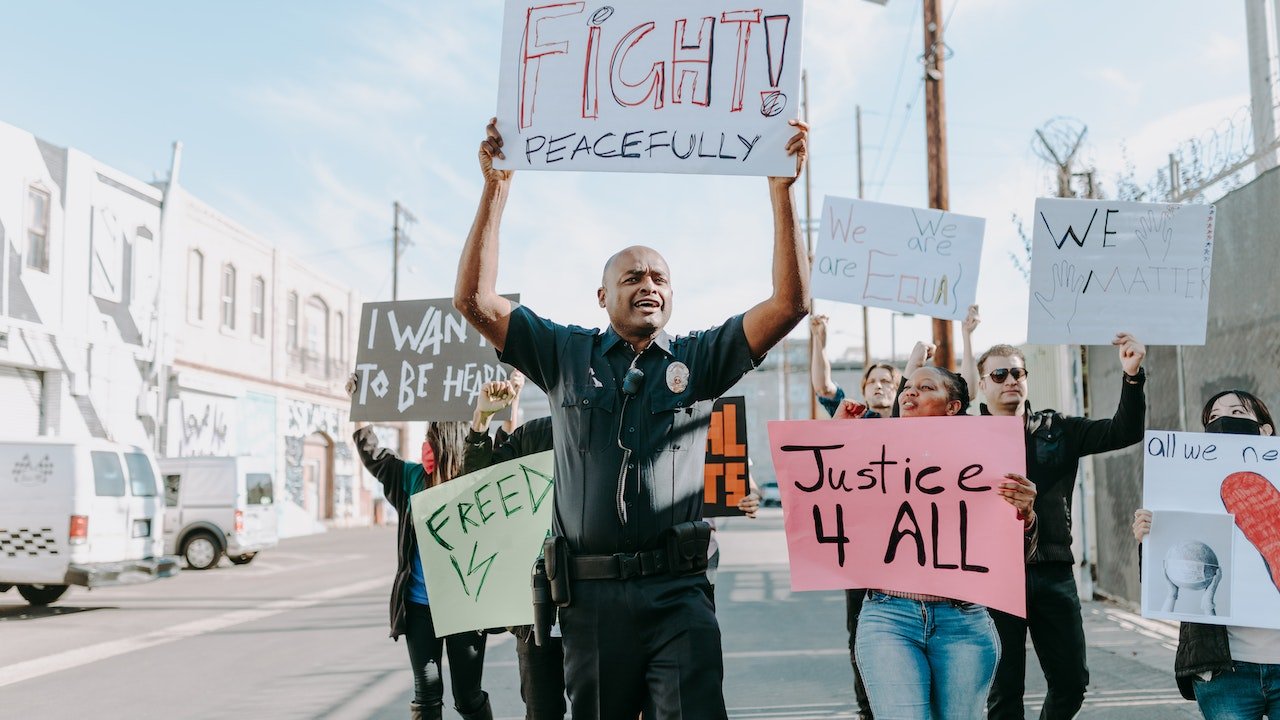Challenges and Progress in Enforcing Civil Rights Laws 2023


Contents
Background of Civil Rights Laws in History
Civil rights legislation has its origins in significant historical events like the United States Civil Rights Act of 1964. This important law forbade discrimination on the grounds of race, color, religion, sex, or national origin and paved the way for later civil rights developments. Despite these developments, it is still difficult to adequately enforce civil rights laws in the modern era.
Problems with Civil Rights Law Enforcement
Absence of Knowledge and Education
The general public’s lack of awareness and education is one of the major obstacles to enforcing civil rights laws. It’s possible that many people are not completely aware of their rights or the protections provided to them by these laws. It may be challenging for discrimination victims to identify and correct the wrongdoings they encounter due to this ignorance.
Discrimination in the Workplace
Despite legal safeguards, job discrimination is nevertheless a problem that frequently arises. Based on their color, gender, or other protected characteristics, some people nevertheless experience unfair treatment while applying for jobs, getting promotions, or working under certain conditions. Employers must be on the lookout for discriminatory practices and take appropriate steps to stop them.
Discrimination in housing
In many communities, achieving equal access to housing is still difficult. Redlining, guiding, and housing denial based on protected traits are only a few unjust housing practices that can lead to discrimination. To stop these unfair housing practices and advance equal housing chances for everyone, action is required.
Read More: The Criminal Justice System and the Role of Defense Attorneys
Inequality in education
For social mobility and equitable opportunity to flourish, educational equality must be attained. However, there are still differences in educational opportunities and resources, especially in underprivileged neighborhoods. To close this gap and guarantee that every kid has access to a high-quality education, tailored policies, and interventions are needed.
Police Brutality and racial profiling
Concerns about the equitable treatment of people, especially those from marginalized areas, are being raised by incidents of racial profiling and police brutality. These examples make it clear that in order to stop discriminatory practices inside law enforcement agencies, there is a need for better training, accountability, and oversight.
Accommodations and Accessibility
Another issue facing those with impairments is accessibility. The required accommodations to provide equitable access for everyone are frequently lacking in public areas, modes of transportation, and digital platforms. Barriers in the real and digital world need to be removed so that people with disabilities can participate fully in society.
Barriers to enforcement and the law
There are many legal obstacles that can make it more difficult to implement civil rights laws, including the burden of proof, a lack of funding, and complicated procedural requirements. For implementation to be successful, the enforcement mechanisms must be strengthened and sufficient funding must be set aside for investigating and punishing infractions.
Enforcement of civil rights laws has improved.
Despite the difficulties, there have been significant improvements in the application of civil rights laws. The following areas show development in the fight for equality and against discrimination:
Important Supreme Court rulings
Significant civil rights laws have been shaped by landmark Supreme Court rulings like Brown v. Board of Education and Obergefell v. Hodges, which have strengthened safeguards for marginalized groups. These decisions have advanced equal rights and established significant precedents.
Read More: The Difference in Civil and Criminal Trials 2023
Regulatory Changes
Civil rights safeguards have been significantly strengthened as a result of legislative improvements. Specific forms of discrimination have been addressed by laws like the Americans with Disabilities Act (ADA) and the Lilly Ledbetter Fair Pay Act, which also offered victims legal redress.
Boosting Government Organisations
Governmental organizations in charge of upholding civil rights laws have worked to improve their efficiency. The Equal Employment Opportunity Commission (EEOC) and the Department of Housing and Urban Development (HUD), among other organizations, have tried to streamline procedures, raise public awareness, and offer assistance to discrimination victims.
Community groups and grassroots activism
Community organizations and grassroots activists have been crucial in bringing attention to civil rights concerns and pushing for change. These organizations have aided in the advancement of equality through demonstrations, campaigns for change, and involvement in the community.
Innovations in Technology and Data Analytics
Data analytics and technological improvements have given us useful tools for tracking human rights law compliance and spotting discriminating patterns. Data-driven methodologies can aid in the identification of systemic problems and help to guide policy initiatives for more efficient enforcement.
Social movements and public awareness
Important discussions regarding equality and civil rights have been prompted by growing public awareness and social movements. Black Lives Matter and the #MeToo movements, for example, have brought attention to the problems that still exist and pushed for the required changes.
Conclusion
Civil rights law enforcement is an ongoing process that is both difficult and developing. Though challenges like ignorance, prejudice, and legal impediments still exist, improvements in legislation, community activity, and technical tools give promise to a more egalitarian future. To guarantee that civil rights are protected for everyone, it is crucial to keep up the job of raising awareness, reducing inequities, and bolstering enforcement measures.
FAQs
Civil rights laws: what are they?
Civil rights laws are regulatory frameworks created to shield people from discrimination and guarantee fair treatment in the legal system.
What purpose do civil rights laws serve?
Regardless of a person’s ethnicity, gender, religion, or other protected traits, civil rights laws seek to promote equality, end discrimination, and defend that person’s rights.
What obstacles face enforcement of civil rights laws?
Lack of awareness, racial profiling, discrimination in employment and housing, educational disparities, and legal obstacles are some of the difficulties in upholding civil rights laws.
What development has there been in the enforcement of civil rights laws?
Significant Supreme Court rulings, legislative changes, agency strengthening, grassroots activism, technical developments, and improved public awareness all contribute to progress in the enforcement of civil rights legislation.






2 Comments